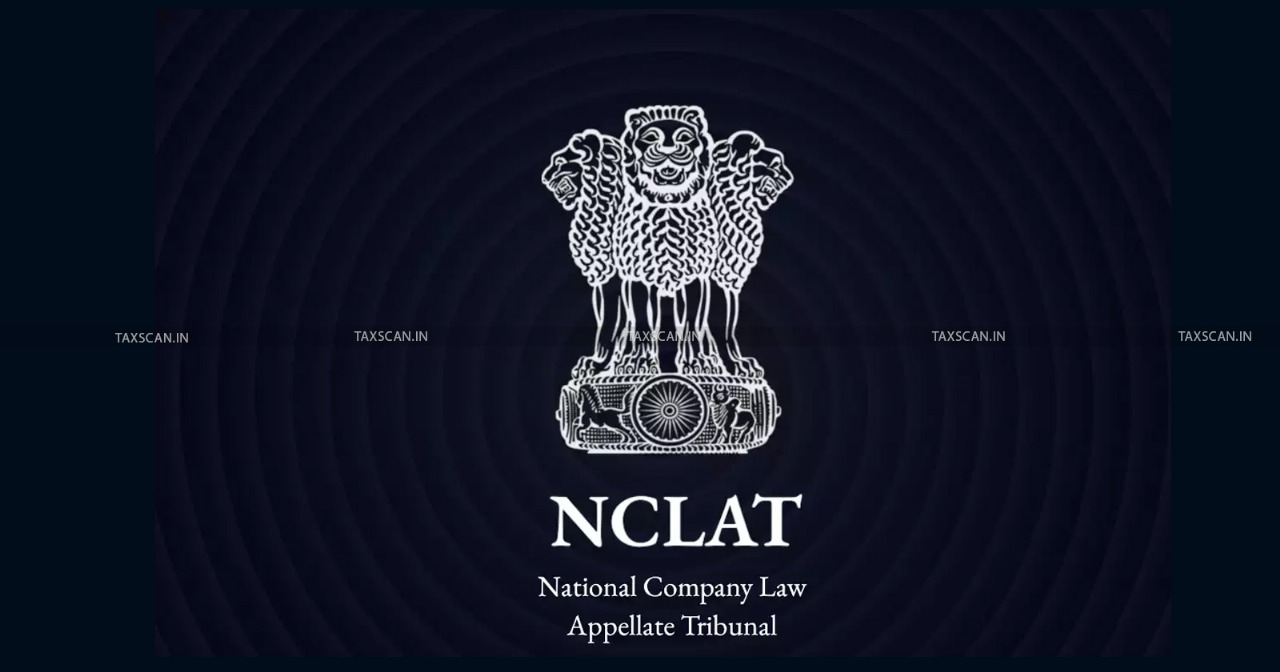No Cogent Evidence to Appoint Forensic Auditor to Examine Fund Misappropriation in Company: NCLAT Dismisses Plea
The NCLAT held that a company’s affairs may be regulated during the pendency of a petition, but such powers cannot be exercised after dismissing the main petition

The Principal Bench of the National Company Law Appellate Tribunal (NCLAT) at New Delhi recently set aside a direction by the National Company Law Tribunal (NCLT), Mumbai that directed a forensic audit into the affairs of an iron and steel company, observing that there was no cogent evidence of fund misappropriation or lack of probity to justify such an audit.
 Also Read:Non-Members cannot seek a waiver u/s 244 of Companies Act: NCLAT dismisses Madras Race Club Members' Oppression Petition [Read Order]
Also Read:Non-Members cannot seek a waiver u/s 244 of Companies Act: NCLAT dismisses Madras Race Club Members' Oppression Petition [Read Order]
Two appeals were instituted before the NCLAT on the basis of a long-running dispute between the shareholders of Arya Iron & Steel Co. Pvt. Ltd. (Arya Iron) The shareholders, namely - the Pawan Arya Group (Pawan Arya) and Ravi Arya Group (Ravi Arya) each held 25.5% of shares with the rest of the 49% held by Palm View Overseas Ltd. (PVOL).
The appeals, filed by Arya Iron and Pawan Arya contested the decision of the NCLT in Company Petition No. 149 of 2017. The NCLT, while dismissing a petition for oppression and mismanagement filed by the Ravi Arya Group had nonetheless directed the appointment of a forensic auditor to investigate alleged diversion of company funds and misuse of resources of Arya Iron over the previous six financial years.
 Also Read:NCLAT Rules Monetisation of Unsold Units of Real Estate Project Impermissible without Revalidated Building Plan in Reverse CIRP [Read Order]
Also Read:NCLAT Rules Monetisation of Unsold Units of Real Estate Project Impermissible without Revalidated Building Plan in Reverse CIRP [Read Order]
Senior Advocate Arun Kathpalia, appearing for Arya Iron challenged the appointment of the forensic auditor as contradictory to the findings of the NCLT itself, noting that the Tribunal had expressly held there was no evidence of oppression, mismanagement, or siphoning of funds. The counsel further argued that the audit order relied on invoices dating back to 2015, which were never annexed to the original petition but were introduced much later in 2022.
It was submitted that the NCLT could not order a forensic auditor without any specific findings of wrongdoing.
A Bench comprising Justice Yogesh Khanna (Judicial Member) and Ajai Das Mehrotra (Technical Member) observed that the NCLT had exceeded its jurisdiction prescribed under Section 242(4) of the Companies Act, 2013 which permitted the tribunal pass interim orders for regulating the affairs of the company upon such terms and conditions which are just and equitable.
The NCLAT noted that the NCLT order to appoint a forensic auditor is in the nature of an interim order, passed during the pendency of the Company Petition so as to enable the. NCLT to pass a final order. However, here the NCLT had dismissed the Company Petition on the ground no case was made out for oppression and mismanagement.
The NCLAT noted that none of the exceptional circumstances justifying such directions - such as a complete dead lock or equitable necessity for winding up existed in this case. It further recorded that the NCLT had already found no lack of probity, no oppression and no mismanagement, making the direction for forensic audit legally unsustainable.
 Also Read:NCLAT Upholds CIRP Initiation by Central Bank Against Corporate Guarantor Despite Stamping and Novation Contentions, Dismisses Appeal of SEPL’s Ex Director [Read Order]
Also Read:NCLAT Upholds CIRP Initiation by Central Bank Against Corporate Guarantor Despite Stamping and Novation Contentions, Dismisses Appeal of SEPL’s Ex Director [Read Order]
Accordingly, the Tribunal set aside paragraph 42 of the impugned NCLT order which had directed the forensic audit. However, it clarified that this would not prevent the respondents from pursuing appropriate remedies if any evidence of fraud or financial irregularity emerges in the future.
Support our journalism by subscribing to Taxscan premium. Follow us on Telegram for quick updates


